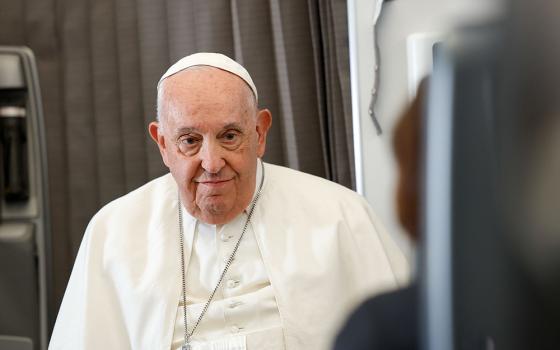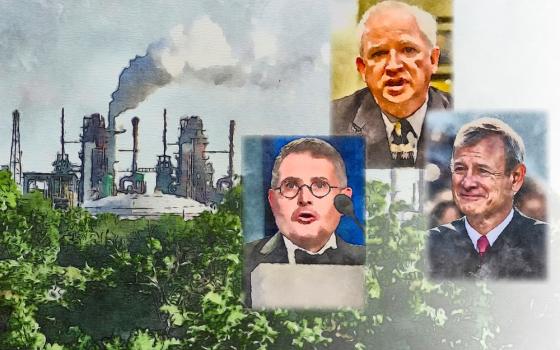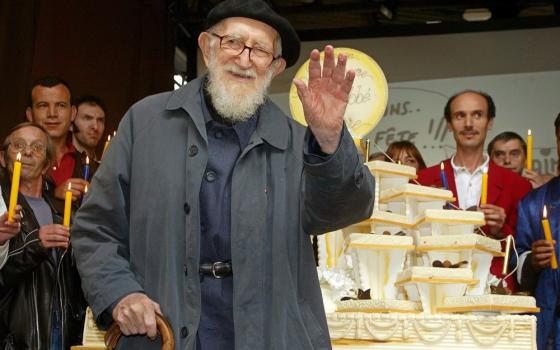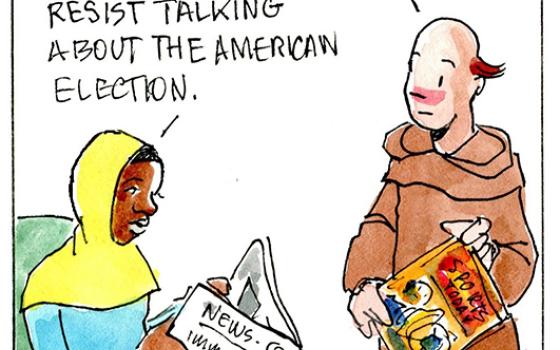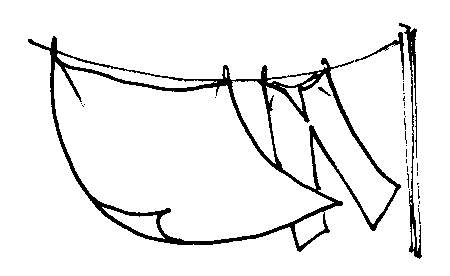
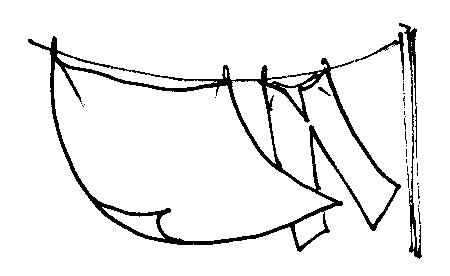
“The wind blows where it wills” (John 3:7).
Acts 4:32-37; John 3:7b-15
Today’s first reading from Acts describes the primitive church as a commune in which all property was shared under the leadership of the Apostles. The ideal of “from each according to his ability to each according to his need” describes many religious orders but also communism. It also reveals the goal of Acts to market a view of the church to the Mediterranean world and Rome as a positive cultural force to be welcomed instead of persecuted. The biography of Paul that takes up most of Acts is also Rome-friendly rather than as subversive as it actually was.
Today’s Gospel is a glimpse into the ongoing conflict between the nascent church and surviving rabbinic Judaism over its rejection of the Jesus movement. At issue was the freedom Jesus and the church had exercised to interpret tradition and the law to accommodate Gentile converts, a central theme of the fourth Gospel. Even as the rabbis were desperately trying to preserve orthodoxy, the new movement was expanding it to gain acceptance and to make its profound claims about Jesus as the divine messiah. The rabbis need not have worried about the church as a conservative force, for legalism and hierarchical control soon became hallmarks of Western Christianity.
Jesus’ night encounter with Nicodemus gave a metaphor for the difference between Law and Spirit. Jesus initiated a rebirth and transformation that was like the wind “that blows where it wills.” He proclaimed a daring discernment open to a universal audience, a preeminent place for Love as the essence of the Law and challenge to humanity to take the path of compassion and reconciliation to fulfill its destiny as the Beloved Community. The church itself found this path difficult and often retreated into a command model to protect its authority in the name of God.
The history of the church can be read as the tension between Spirit and Law. This was evident in the official treatment of Hans Kung, the brilliant theologian who recently died, who identified the early divide between the Apostolic model of church as pope, bishop and priest and a charismatic pastoral model Paul favored, including house churches led by women. The decision to go with the former gave rise to the church we have instead one we might have had if Rome had let the wind blow as it wills instead of retreating into the fortress of truth it became until Vatican II opened the windows. Censuring and containing Kung highlighted this conflict and cost the church a spirit-filled voice who served it faithfully despite being formally silenced.
Questions about the survival of the church today continue to blow in the wind. The answers, my friend, are also there, expansive, limitless and creative, a dangerous memory launched into history from the cross and an empty tomb, waiting to be dared by one institution that still defines its own rebirth as continuous and driven by the Holy Spirit.
Advertisement

